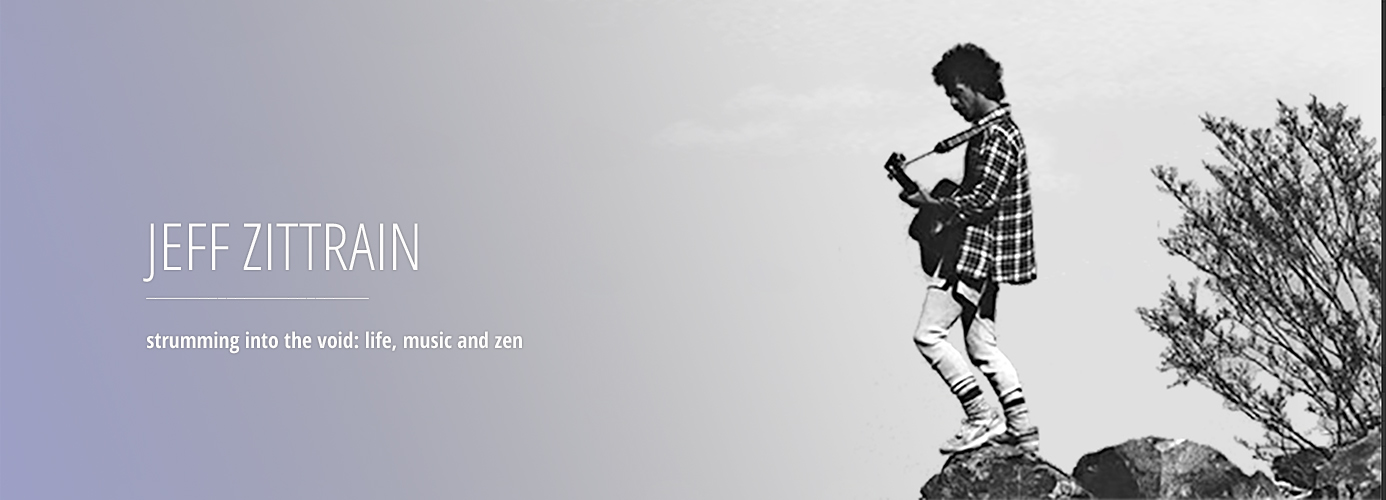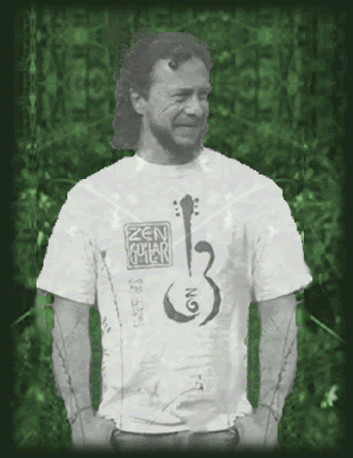
In my last column I discussed Bill Evans‘ liner notes for Miles Davis‘ Kind of Blue, in which he compares the discipline of jazz improvisation to a certain form of meditative Japanese painting. The point I was making was that the jam as a means of musical growth and harmony can also be a means of personal (and group) growth and harmony.
Along these same lines, I’d like to tell you about a great book first published in 1997 by Philip Toshio Sudo called Zen Guitar. The central idea is that learning to play guitar can be based on zen philosophy, which Sudo pithily describes as “a commonsense approach to all things.” He states in his introduction:
“Learning to play the guitar is inseparable from learning to harmonize body, mind, and spirit…as you develop this harmony, it will carry through to everything you do…because ultimately, the path of Zen Guitar is the path of life itself…once you learn the principles, you can apply them to any endeavor outside music.”
Right Action.
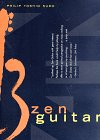
Learning to play the guitar is inseparable from learning to harmonize body, mind, and spirit…as you develop this harmony, it will carry through to everything you do…because ultimately, the path of Zen Guitar is the path of life itself…once you learn the principles, you can apply them to any endeavor outside music.
Philip Toshio Sudo
Each chapter contains a principle of zen, a related quote from a famous musician, and a nice explanation tying them together. Sudo does a particularly brilliant job of finding quotes from musicians to fit his zen principles. They’re talking about music but they sound like aphorisms of life. For instance, to explain the harmony of opposities embodied in the yin-yang he uses this quote from bassist Buster Williams, after his first night with Miles Davis:
“When I asked him after the gig, “Miles, what am I supposed to be doing up there?” he said, “When they play fast, you play slow. When they play slow, you play fast”
To explain the concept of “Chudan” (Middle Ground or Balance) he uses this from The Band’s Rick Danko:
“I tried to play in front of the beat in a way that didn’t rush it, or behind the beat in a way that didn’t drag it.”
Phil Sudo walked the walk. In preparation for writing this column, I googled “zen guitar” and ended up on his website. I thought I’d tell him I’d enjoyed his book for a number of years, had given copies to friends, and was now writing about him in a column. But I couldn’t. I discovered that Phil Sudo had been diagnosed with cancer in April 2001 and died in June 2002.
He kept an online journal of his thoughts during his year-long battle with the disease. It is beautiful and moving, and contains some great sports analogies. More recommended reading.
For instance, he was scheduled to have surgery to remove his stomach in New York City on Sept. 11, 2001. Obviously, it was postponed. Later, he talks about a fallen firefighter and says:
“The eulogy of Capt. Callahan certainly put my battle with cancer in perspective. Mine has largely been a private struggle to save my own life. Here was a man who fought and died in the service of others…It’s only through his death that I now belatedly realize, along with people throughout this city and nation, that all around us walk men and women of astounding devotion and character, that make us proud to be human beings.”
I felt the same way reading Phil’s journal.
Which is no small thing, as I realize I feel quite the opposite in general these days, particularly reading the newspaper. (Though as Thoreau famously advised, “Read not the Times, read the Eternities”).
This may be a music column but as zen and the higher states of consciousness continually remind us, everything is connected. Don’t put me in a box, man. In addition to Zen Guitar, Phil has written books on Zen Computer, Zen Sex, and (as if those three don’t cover a good portion of what flits through my mind at least, on any given day) he covers all the bases with Zen 24/7.
“Zen Guitar” can operate like the I Ching. Flip randomly (synchronistically) to any page and read the lesson, the quote, and the explanation – then apply.
I will do it right now:
The chapter is called “Responsibility.”
The quote is from Eric Clapton:
” Some people have a great sense of moral responsibility; unfortunately, it’s backed up with a poor sense of musical taste. Other people have great musical ability, and very little sense of moral responsibility. It’s very difficult to have a good balance”
Great – what I’ve tried to say before in this column – “Right Action” is not about subsuming the music in the service of imposing moral rules. It’s about finding the greater good – which has its own intrinsic balance. In his explanation, Sudo explains that the Japanese word for human being, “ningen,” comes from “nin” (meaning person) and “gen”(meaning space). Therefore “we only become human – a ningen – in relation to the space around us.”
Which is this column in a nutshell – music’s relationship with the world.
He concludes: “Only through accepting our debt to the world and giving something back does our song have any meaning.”
Which of course we’ve heard before, when we look at the big picture, or our prophets do before they die:
“In the end there’s just a song…”
“Redemption songs, all I ever had…”
Garcia/Hunter, Bob Marley, and now Phil Sudo…
Won’t you help to sing…?
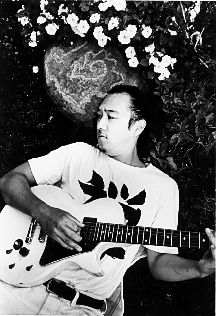
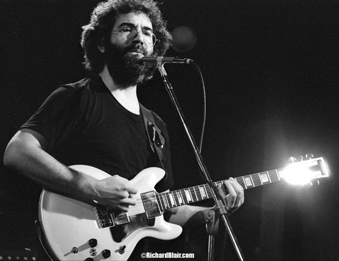
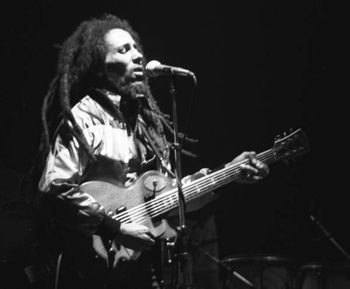
Update 2015: I couldn’t find his journal anymore but here’s an interview with him about living with his cancer.
